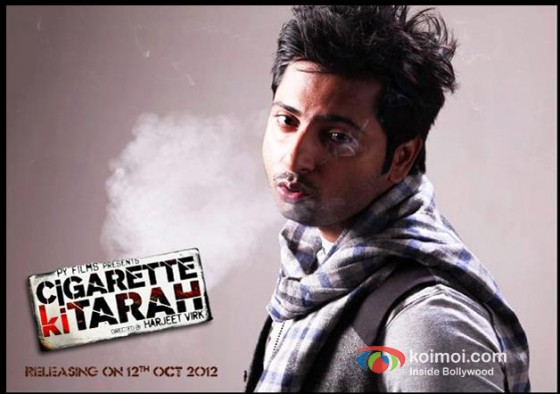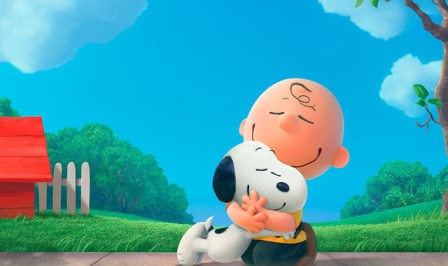How do B-grade films with offensive dialogues and scenes evade the Censor Board’s scanner, if English films are often snipped?
by M | M@themetrognome.in
Bhoop, Goa City and “I didn’t do anything”. Put these random words together and what do you get? A film called Cigarette Ki Tarah starring a guy named Bhoop (I am serious), filmed in ‘Goa City’ (not State, mind it) who offends the Queen with every spoken work in English. Watch the promo of this film only if you’re up for a dare. This torture…err, film will be released tomorrow.
What baffles me the most is how the Censor Board let a film out that has ‘Cigarette’ in the title, when on the other hand, visuals of a lit cigarette are blurred on television and in our films? It would have been rather funny to see what the makers of this film would have done if the Censor Board had decided to snip the word ‘Cigarette’ from the title.
 That’s not all, in one of the scenes in the trailer, the lead actress gives the middle finger to, I’m assuming, Bhoop. With a name like that, and a face to match, he deserves it.
That’s not all, in one of the scenes in the trailer, the lead actress gives the middle finger to, I’m assuming, Bhoop. With a name like that, and a face to match, he deserves it.
Another character played by Sudesh Berry, (best known for his role in Border. Remember him? No? Never mind), calls Bhoop a ‘Bloody assh**e’. The swear words are not bleeped out. The icing on the cake is the song with lyrics that go, Khadi hogi khaat, zindagi ki lag gayi waat.
Our Censor Board is very stern with English shows on television, but seems to be okay with dialogues and songs as good as crap on the big screen if it’s a Hindi film. Also, English films on the big screen are forced to delete scenes depicting the slightest nudity, despite being certified ‘A’. Apparently the scenes or dialogues in those films are objectionable and unfit even for a grown-up adult.
I was furious when The Girl With The Dragon Tattoo was not released in our country because a few of the Censor guys wanted three scenes removed. Those scenes, the filmmakers said, were very crucial to the plot, so they later shunned the cuts altogether and we had to see the film on DVD.
Words like ‘period’, ‘condom’, ‘breast’ et al are beeped out from sitcoms, so much so that sometimes you fail to understand the joke or catch the punch like because of the abrupt acoustics effect that replaces the offending word. English films on television suffer the most. Try watching The Departed on HBO next time it’s on. You will end up cussing more than Mr Wahlberg.
So, to return to my point, how do crappy B-grade Hindi movies, like Cigarette Ki Tarah and Hate Story end up on the big screen will minimal cuts and with all their crappiness intact? It’s actually quite simple. Allow me two examples to illustrate my point.
These are true stories.
Earlier this year, a song from a hit film was about the fun and frolic alcohol can induce at parties. It was expected to be in trouble, because it had words like ‘rum’ and ‘whiskey’ in it. The task to release the song for public viewing was tough, because the party pooping Censor Board would definitely rain on the parade. So the producers sent tapes of the song and a middleman to the Censor Board office, to “work things out”. Two days later, the song was all over TV and radio. Poochho kaise?
Another film was in a similar soup, where it’s famed item song had a desi alcohol name in it; the song was positioned as the highlight of the otherwise grim movie. At first, the Censor Board acted tough, but things miraculously resolved themselves and poor Chameli was allowed to drink and dance to her heart’s content.
It’s such a weird connection between Bollywood and the Censor Board. Your mind boggles at some recent Censor Board decisions, because you’ve tried applying their logic and objections universally, and come up with several inconsistencies. That said, who’s up for some cigarettes tomorrow?
Sharp as a tack and sitting on more hot scoops than she knows what to do with, M is a media professional with an eye on entertainment.
(Picture courtesy koimoi.com)




